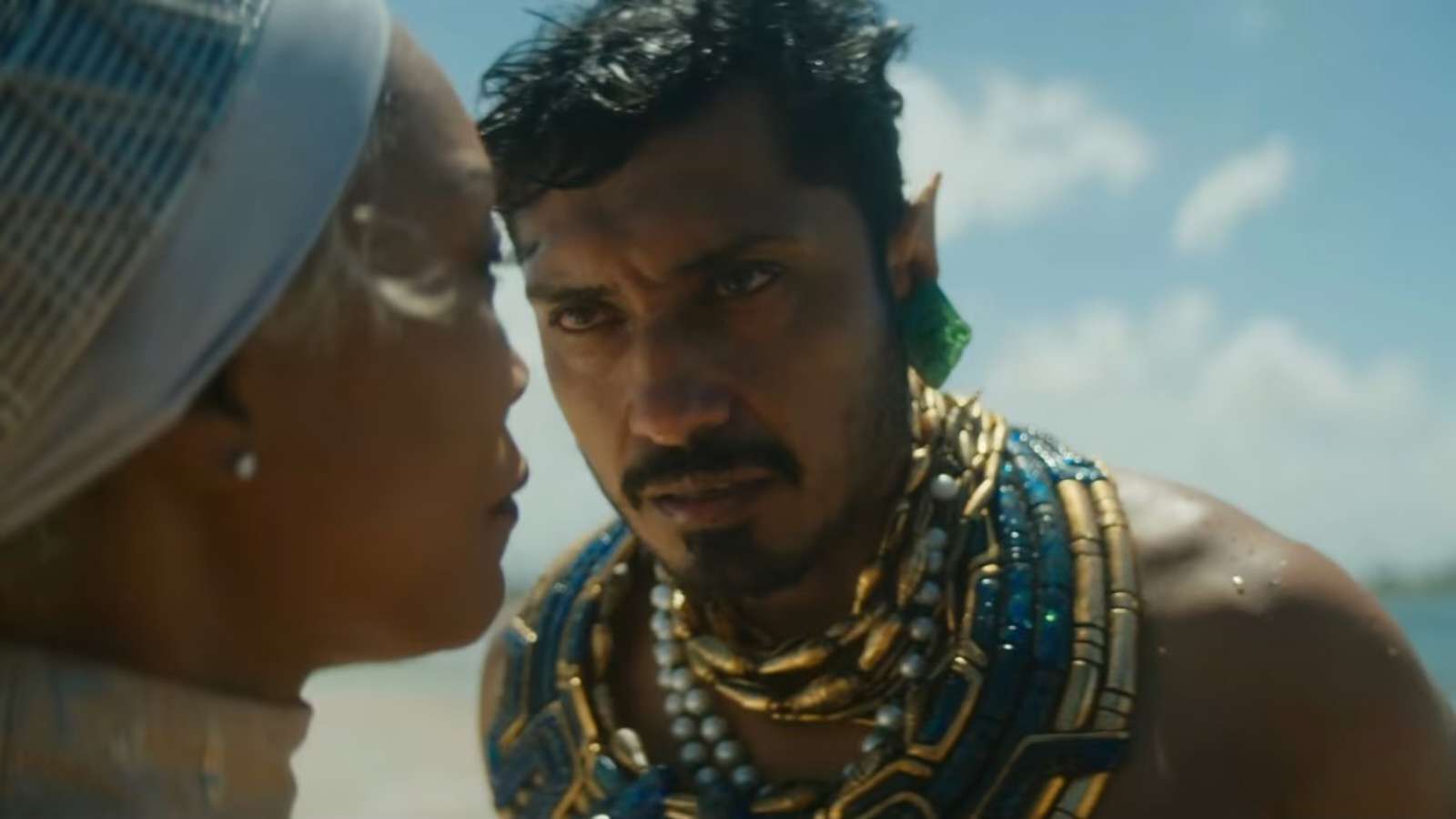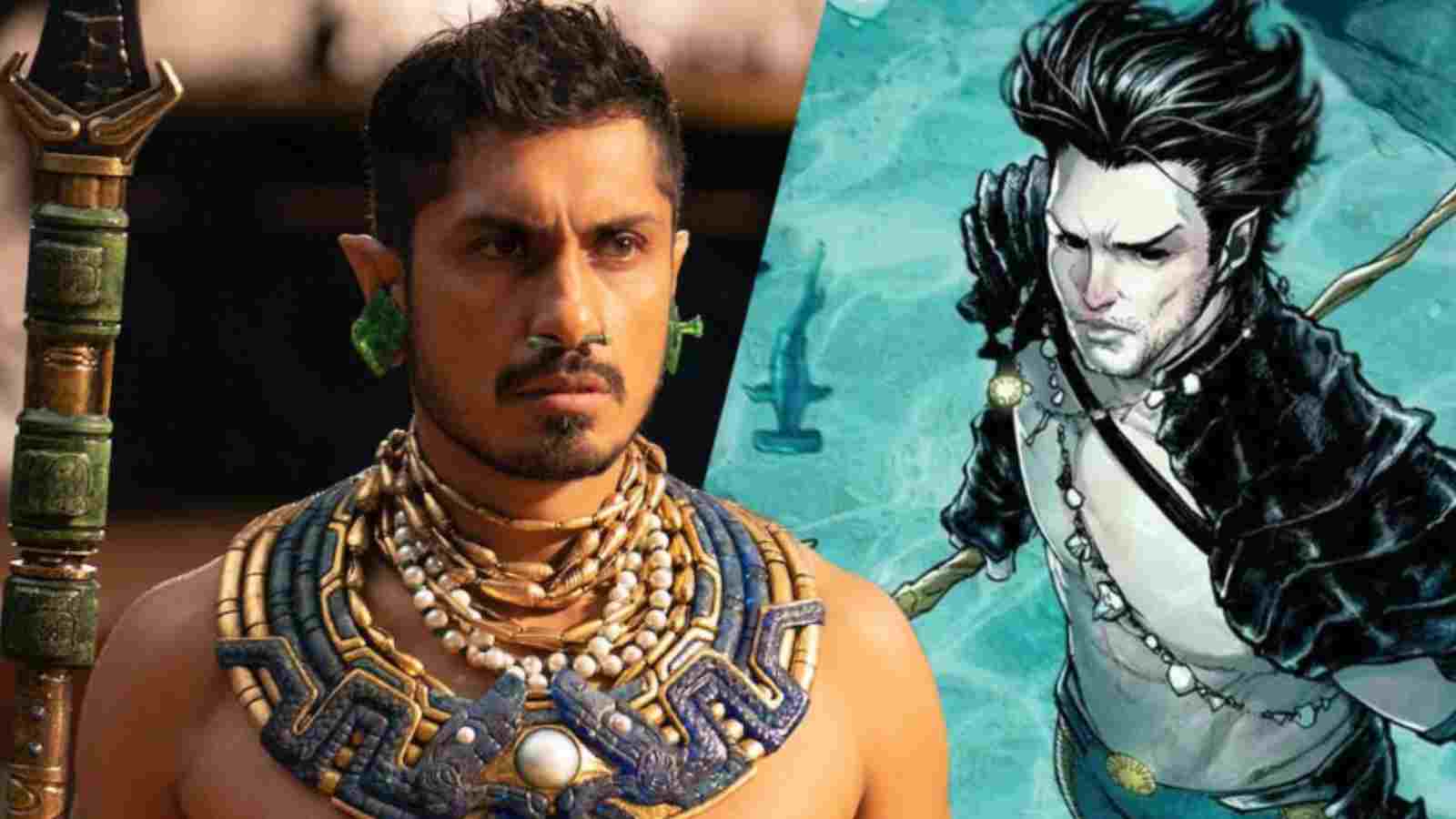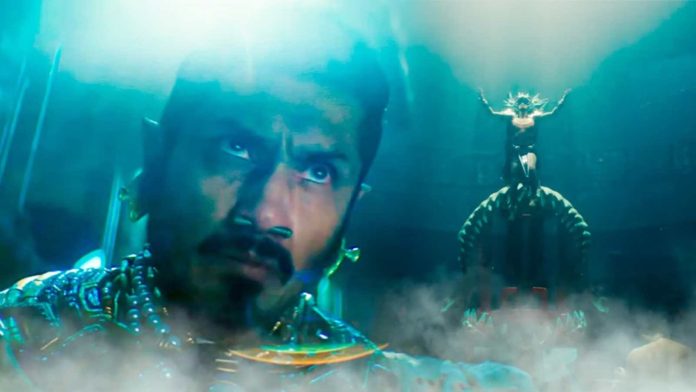The trailer of ‘Black Panther: Wakanda Forever‘ dropped recently and it looks really exciting. A sequel to the first ‘Black Panther‘, this one follows the leaders of Wakanda who fight to protect their nation from King Namor after the sudden death of King T’Challa.
One of the highlights of the trailer was when Wakanda’s tribal leader M’Baku reveals that Namor is known as the “feathered serpent god” and he is also called Ku’Kulkan. This begs the question as to what the hidden meaning behind Namor is. Let’s try and find out.
Who Is Namor?

The trailer of ‘Black Panther: Wakanda Forever’ was released recently and it has introduced several interesting characters. One of them is Namor, the king of Talokan, which is an ancient civilization of underwater dwelling people.
At one point, M’Baku (the leader of Wakanda’s mountain tribe) reveals that Namor is known as the “feathered serpent god”. He is also revealed to be a mutant and a god-like figure.
The main antagonist of the film, Namor is the king of Talocan, which is a paradise in Aztec culture. In the comics, he is the king of the Atlantic. However, in the film, his origin has been shifted to Aztecs with the moniker “Ku’Kulkan.”
According to Aztec mythology, Ku’Kulkan is a serpent god with feathers like a dragon. Namor’s appearance in the film might resemble the Aztec god. Namor’s outfit appears to have been inspired by Quetzalcoatl. Chances are that he is meant to reference multiple different Feathered Serpents including Quetzalcoatl.
Is He A God In The Comics?

Unlike the film, the Marvel character has not been referred to as a serpent god in the comics. The moniker mostly comes from the dragon-like wings on his ankles, a sign of him being a mutant.
Several feathered Serpents like Quetzalcoatl and Kukulkan have had human characteristics associated with them and this helps establish their character.
Namor’s position in the film will determine the future of mutants in the Marvel Cinematic Universe (MCU). His treatment like a god will set a precedent for mutants being treated as diving beings.
In the past, there have been instances of mutants being likened to gods. For example, Azazel called himself Satan during biblical times, and Apocalypse was likened to the Egyptian god Set when he conquered Egypt.






